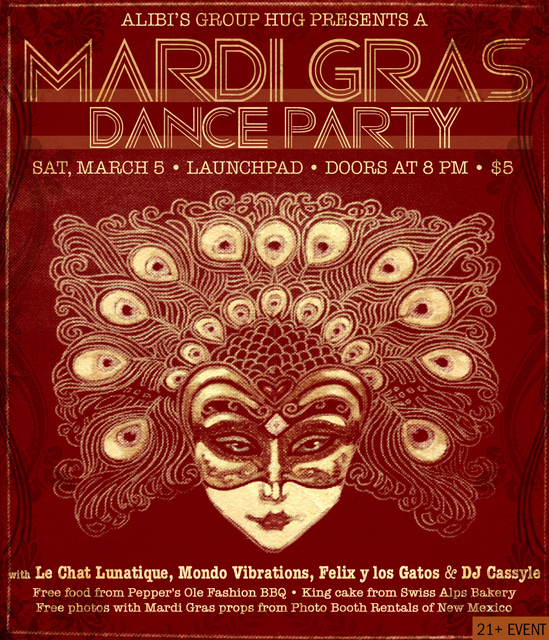Latest Article|September 3, 2020|Free
::Making Grown Men Cry Since 1992
3 min read
For an hour, performers clapped once and sang a note every time they thought a minute passed. Once they thought they’d done 60, they packed up their stuff and left. Yesterday, I took the bus up to UNM to take in “Time After Time After,” a composition by Adam Overton performed in Popejoy’s lobby. Sounds in that lobby ring. People don’t hang out there much. It’s large and reflective, a waiting area, a room of transition. The clappers lined the balconies overlooking the long, tiled stretch of floor. A hit and a note. Another. This one is right above you. The next is many feet away. I leaned against the wall and closed my eyes for what I thought was a few seconds. But minutes passed. It was hard for me to join the performers in not looking at the clock.Students without any knowledge of the performance walked in, clicking their way to classes in sharp-sounding shoes. They moved like people with a destination, something they were late for. Then a clap and a note. Then another. Some stopped and looked around. Some kept going. One giggly girl stage-whispered to another, “Is this an April Fool’s thing?”A heavyset man entered, spotted his friend sitting near the door and hailed him loudly. Coincidentally, there was a stretch of silence from the performers. His friend didn’t say anything, just looked up at the balconies where the clappers stood, many with their eyes closed, listening to their internal clocks. “What” asked the man, still loudly. Then a clap and a note. Another. Two more. He sat down.I found myself waiting for things, like for two people to go off at once. That only happened, by my count, twice. I also watched a minute tick by and counted how many sounds happened in that minute to see if it matched the number of performers. It didn’t. I tried to detect a pattern, to see if certain clappers acted after others. Sometimes there was a pattern. Sometimes there wasn’t. I interviewed Overton about this piece, and the much talked about “For Electric Basses,” a nonsexual composition that requires the bassists to strip down and rub the pickups of their instruments over the topography of their naked selves. It was performed off campus Saturday.


